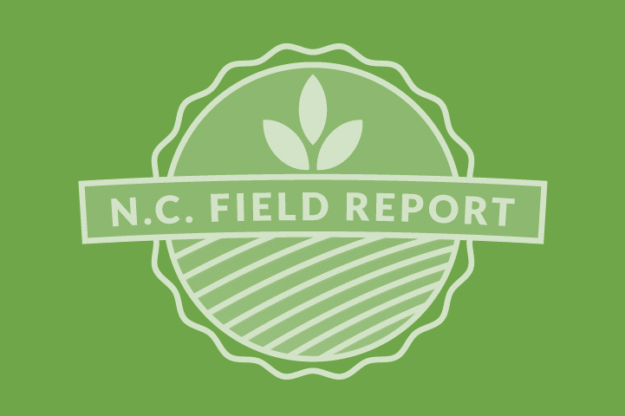Meet the Board: Beth Taylor
Meet Beth Taylor, a true farm girl whose roots run deep in the fertile soil of her family farm in Nash County. This farm dates back to 1938, when her grandparents first purchased it, bringing along a rich history and an abundance of cherished memories. Today her family farm grows a diverse collection of crops,…
Details









